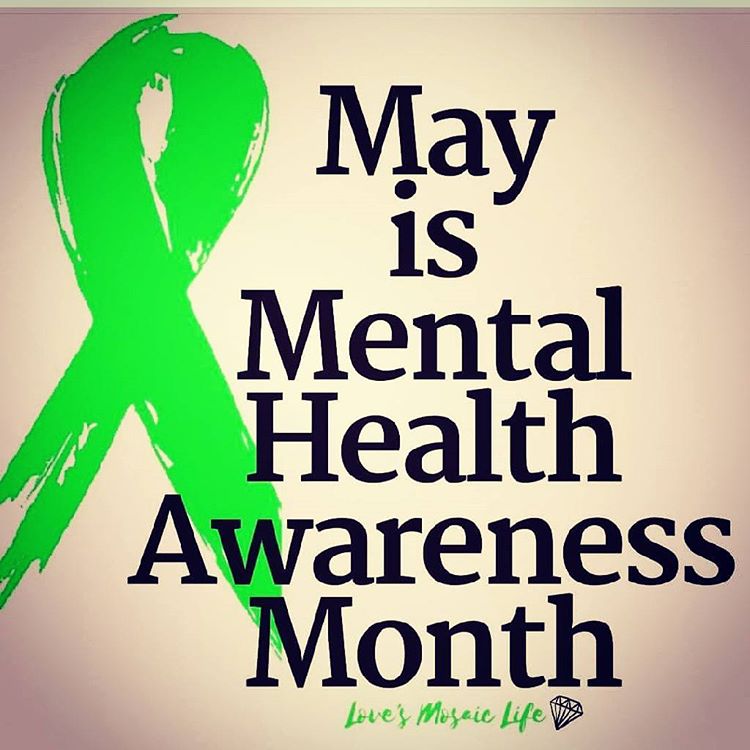Shining a Light on Mental Health: Observing Mental Health Awareness Month
Understanding Mental Health Awareness Month
Mental Health Awareness Month originated in the United States in 1949, initiated by Mental Health America (MHA) and observed in May each year. Since its inception, Mental Health Awareness Month has grown into a global movement aimed at destigmatizing mental illness, raising awareness about mental health issues, and advocating for access to quality mental healthcare services.
Breaking the Silence: Why Mental Health Matters
Mental health is an integral component of overall well-being, yet it often remains shrouded in silence and stigma. Millions of individuals worldwide grapple with mental health conditions such as depression, anxiety, bipolar disorder, schizophrenia, and post-traumatic stress disorder (PTSD). Despite the prevalence of these conditions, misconceptions and societal attitudes surrounding mental illness persist, leading to discrimination, shame, and reluctance to seek help.
The Importance of Awareness and Education
Mental Health Awareness Month provides an invaluable opportunity to challenge stereotypes, dispel myths, and foster open conversations about mental health. By raising awareness and promoting education, we can empower individuals to recognize the signs of mental illness, seek support when needed, and advocate for mental health resources and services in their communities.
Promoting Mental Wellness: Strategies for Action
- Normalize Conversations About Mental Health: Encourage open dialogue about mental health in schools, workplaces, and communities. By sharing personal experiences, challenging stigma, and offering support, we can create environments where individuals feel safe and empowered to seek help.
- Educate Yourself and Others: Take the time to educate yourself about mental health conditions, treatment options, and available resources. Share accurate information with friends, family members, and colleagues to combat misinformation and promote understanding.
- Prioritize Self-Care: Practice self-care strategies that nurture your mental and emotional well-being. Whether it’s mindfulness meditation, physical exercise, creative expression, or spending time in nature, prioritize activities that replenish your spirit and enhance resilience.
- Reach Out for Support: If you or someone you know is struggling with mental health issues, don’t hesitate to reach out for support. Seek guidance from mental health professionals, peer support groups, or trusted loved ones who can offer empathy, validation, and assistance in accessing appropriate care.
- Advocate for Change: Advocate for policies and initiatives that promote mental health awareness, increase access to mental healthcare services, and reduce barriers to treatment. Support organizations and campaigns dedicated to advancing mental health equity and social justice.
Conclusion: Embracing Hope and Healing
Mental Health Awareness Month serves as a beacon of hope and healing for individuals and communities affected by mental illness. It’s a time to honor the resilience of those living with mental health conditions, celebrate their strengths and achievements, and reaffirm our commitment to building a more compassionate and inclusive society.
As we embark on this journey of awareness and advocacy, let’s stand together in solidarity, compassion, and understanding. Together, we can break the silence, challenge stigma, and create a world where mental health is valued, supported, and prioritized for all.








